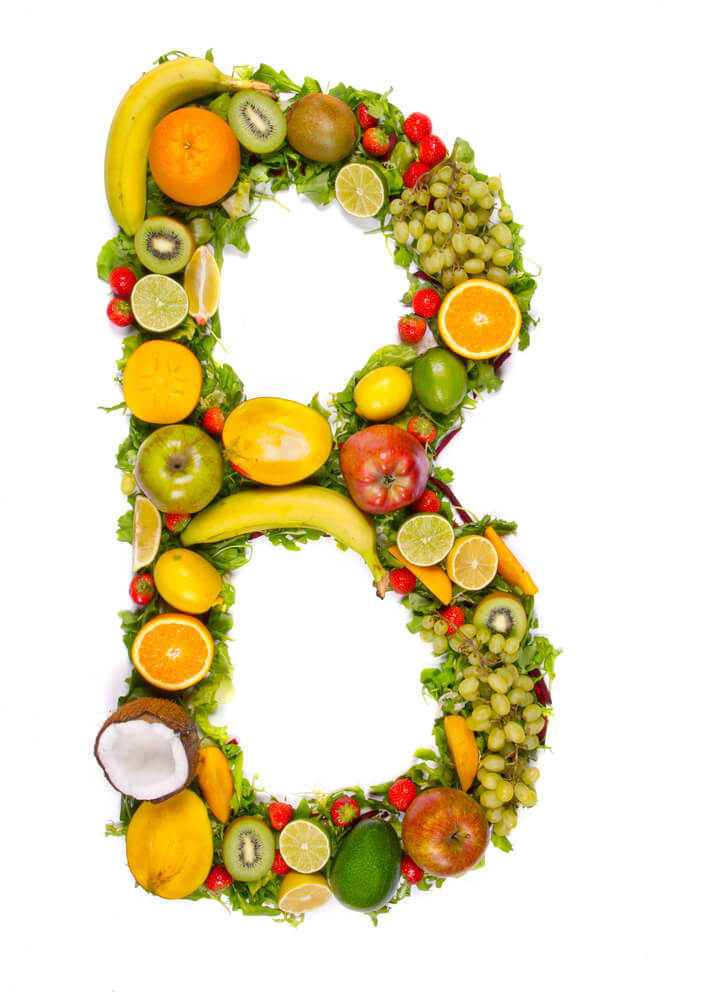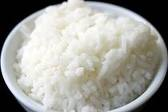
When people are truly low on any of the B vitamins, depression is one of the earliest symptoms. In fact, studies show that at least one in four of all people hospitalized for depression is deficient in pyridoxine (B-6) and cobalamin (B-12); another study suggests that over three-quarters of all depressed patients have a pyridoxine deficiency. Giving these patients even small doses of pyridoxine (B-6) improves their depression. The Optimum dose for B Vitamins for adults can range from 25mg to 300 mg daily, but workers with stressful jobs may require more, take up to 1000 mg day. Sadly, only a fraction of the adults in the United States are currently getting the recommended daily intake of all B vitamins by diet alone.
A total of eight B vitamins (six of which are essential), make up the essential components for transforming carbohydrates into glucose and for metabolizing fats in the body. Each provides a different service to the body, but they also work synergistically. B vitamins contribute to healthy hair, skin and eyes and play an important role in fetal health and development. Because B vitamins are water-soluble, the body uses them, but cannot store them. This means people need to consistently replenish their supply with healthy foods or supplements.
Thiamine helps the body digest food, but B1’s most important function lies within the nervous system. Thiamine deficiency causes a condition called beriberi. Symptoms of beriberi include loss of mental clarity, loss of control over muscle movements, weight loss, irregular heartbeat and muscle atrophy. Prolonged deficiency leads to an enlarged heart. This vitamin is commonly found in fortified foods including cereal, bread and pasta. It is also found in meat, especially organ meats such as kidney and liver. You can also get thiamine by adding dried beans and seeds to the diet.
If you have certain skin problems, increasing your B2 intake may be the best fix. Vitamin B2 (riboflavin) plays an important role in skin health. People with a B2 deficiency can have problems such as lesions, oily skin and scaly, peeling lips. Aside from skin health, this vitamin also assists the body in fat, protein and carbohydrate metabolism. People can get this vitamin by eating dairy, green leafy vegetables and lean meats. It is also in fortified foods such as cereal, rice and pasta.
B6 is part of the body's red blood cell production. It helps the body break down and use protein. Babies with low B6 suffer from hyper-irritability, abdominal pain, weight loss and excessive vomiting. In adults, low B6 usually manifests itself as a lack of mental clarity and increased confusion on a regular basis. B6 is also fortified into grains and cereals. Other sources include pork, chicken, fish, dried beans, nuts and many fruits and vegetables.
B12 is used in every cell of the body. It helps formulate our DNA and is an essential element in red blood cell production and healthy nerve functioning. People with a shortage of B12 can experience deficiencies in the sheath that covers the optic nerve. Deficiencies also affect the brain and spinal cord. Symptoms include unusual weakness, accompanied by a sore tongue. B12 is found in animal products, including meat (lamb, liver, seafoods, clams, lobster, octopus, caviar and dairy, including eggs and cheese). Vegetarians and vegans need to take B12 in supplement form.
Niacin is important to nerve health. It also helps, along with other B vitamins, with metabolizing fat and carbohydrates. It plays a major role in energy production and helps foster skin respiration. Niacin shortages lead to a skin condition called pellagra. Pellagra also irritates the body's mucous membranes. People with a niacin deficiency may experience dizziness and confusion. Niacin is plentiful in corn, fortified foods and lean meats.
Folic acid is especially important for women who could become and are pregnant. Without adequate levels of this B vitamin, babies are at a high risk of developing neural tube defects such as spina bifida. These women should consume at least 200mcg a day in addition to what they get from food. Women not of childbearing age and men also need folic acid because it builds your red blood cell supply. Shortages lead to anemia, a decreased sense of taste and a red, swollen tongue. Folic acid is plentiful in fortified foods, such as cereal. It is also found in citrus fruits, vegetables, meats, and dried beans.

Resources:
Harvard School of Public Health
The University of Maryland Medical Center
